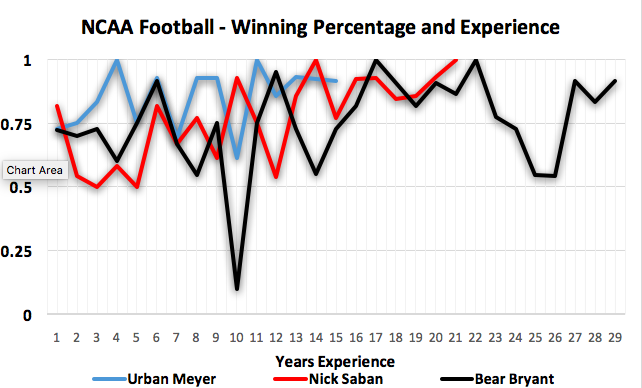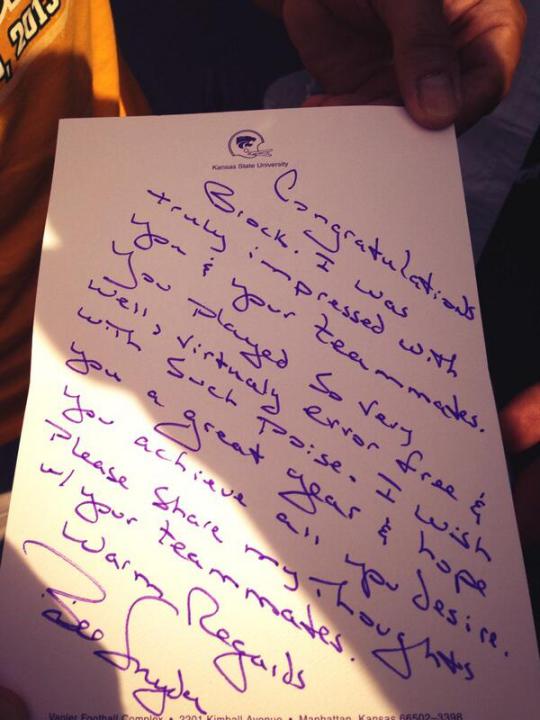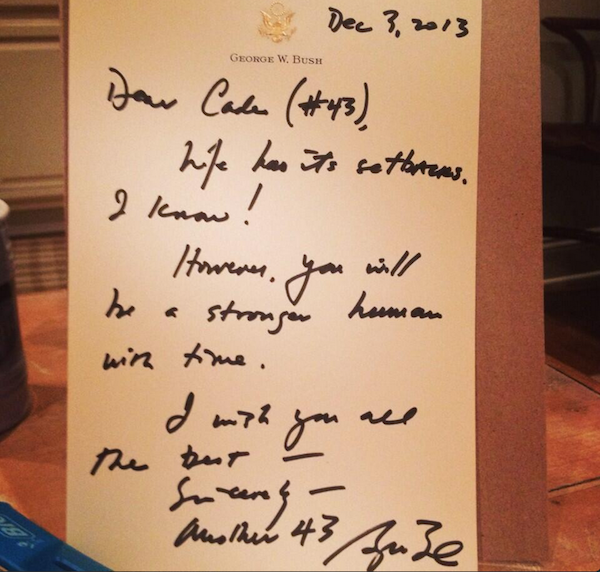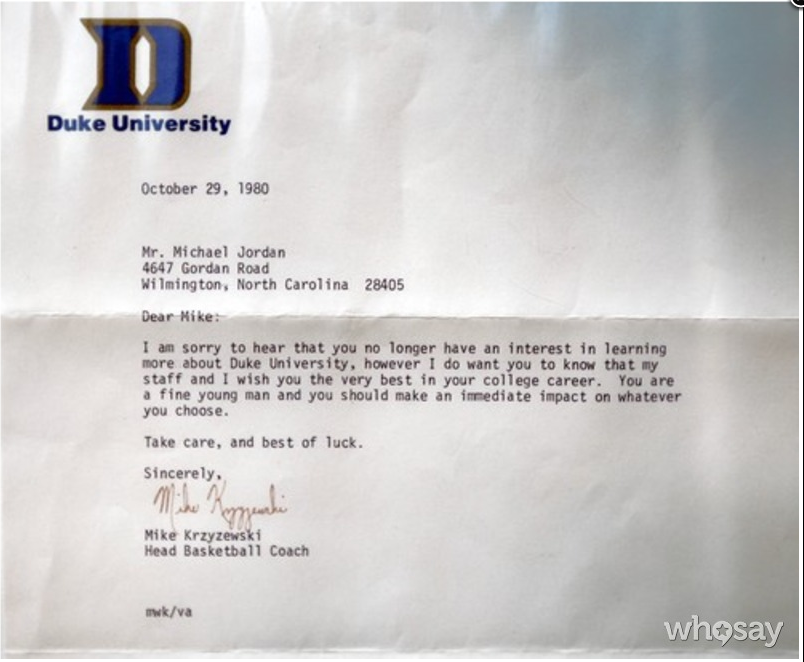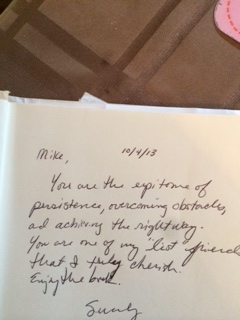Iowa St. is not a football power house. In the three seasons prior to Head Coach Matt Campbell’s arrival, their record was 8-28. Campbell’s first year in 2016 the Cyclones were 3-9. Since then, the program has been trending upward: 8-5; 8-5; 7-6. Currently they are 8-2, ranked #9 in the country, and are sitting atop the B12 standings.
I’m sure Coach Campbell is a phenomenal football mind; however, smart football people are a dime a dozen. His success, in my opinion, is because he is a culture builder.
The word culture makes people cringe. It has become a buzz word. Culture is not ping pong tables, bean bag chairs, and casual dress. Building culture requires deep internal work, self-reflection, and is centered on developing championship behaviors in the people of the organization.
The Best Version of Ourselves:
Through observation, I believe Iowa State’s culture is the pursuit of being the best version of themselves. In the press conference following their big win over Texas, Campbell mentioned “the best version of ourselves” multiple times. Here are three quotes:
“And the greatest thing that has allowed this team, and really our staff and probably me in general, is to put ego away and really evaluate and try to figure out how do you chart a course to become the best version of yourself you can be. “
“And then how do we do a great job of giving this program consistency and the opportunity to become the best version of ourselves we can be?
“Well, I think I’d be really disappointed if we didn’t get on the plane, flush it, and enjoy the fact we were able to win, and then by tomorrow, be ready to sit back and dissect it. And say, Man, what didn’t we do well? What do we need to get better at? How do we continue to improve. So if we want to continue to grow and have a chance to be the best version of ourselves we can be and reach our full potential, then we’ll have to come back and take that same mindset.”
Can Iowa St. compete year in and year out with the blue bloods of college football? Probably not. But….can they work relentlessly toward being the best version of themselves? Definitely.
What do Indiana Baseball and Iowa St. Football have in common?
It’s amazing how things come full circle. This spring, Indiana University’s head baseball coach, Jeff Mercer, met with our team via Zoom. We asked him a question about how he handles players who are disappointed with their playing time. His answer was magnificent. “You have to have a goal outside of the result. Everyone in our program’s job is to be the best version of themselves. Whether you played in the game or not, the responsibility is to be the best version of yourself.”
Coach Mercer is an outstanding person, and Indiana baseball is a tremendous program. Iowa St, under Coach Campbell, is on the rise. Maybe there is something to building a culture based on the pursuit of being the best version of ourselves?
(At the bottom of this article are two videos from Campbell and Mercer. Tell me you wouldn’t want to play for these men.)
Final Thought:
It’s easy to say an organization’s success is due to luck. It’s also easy to recite perceived advantages. However, when studying high performing teams, I’m blown away by their intentional approach to culture building.
To some, a phrase like “the best version of ourselves” is soft. It doesn’t focus on winning or championships. I would push back and say simply having a goal of winning is soft. There’s no substance behind it. Watch a little kid, they want to win, and if they don’t they pout. The same unproductive behavior is frequently found in organizations focusing exclusively on results.
Consider the idea of being the best version of ourselves. It is a challenging but rewarding pursuit. It’s 100% completely within our control. Everyone has a different starting point in life and circumstances are different. The starting point has nothing to do with the ability to be our best selves. It’s far from soft. It takes away all excuses. There are no outside comparisons. No envy.
It’s simply a mission to show up for those we love in the best way possible.
What if everyone in your organization owned that goal?
Reflection Question:
Could you or your organization benefit from shifting the focus to being the best version of yourself?
Big Announcement Next Week:
I’ve been working on creating a culture and leadership course. Check it out!


